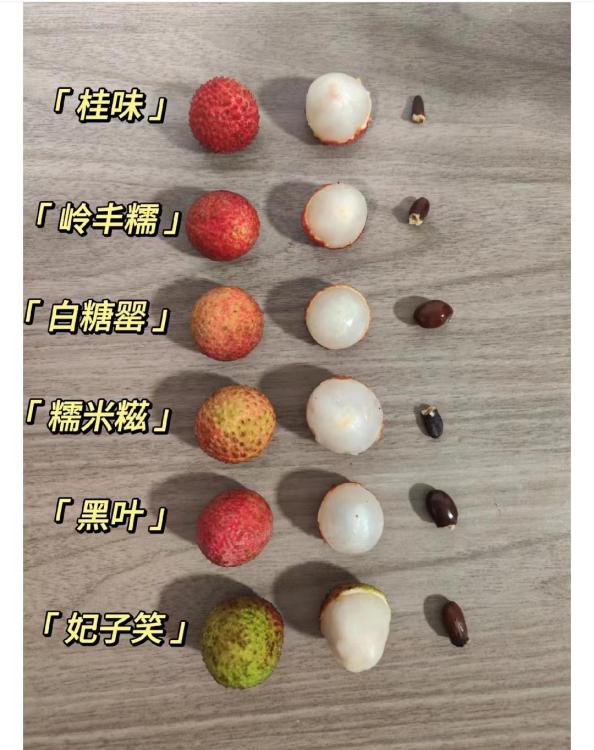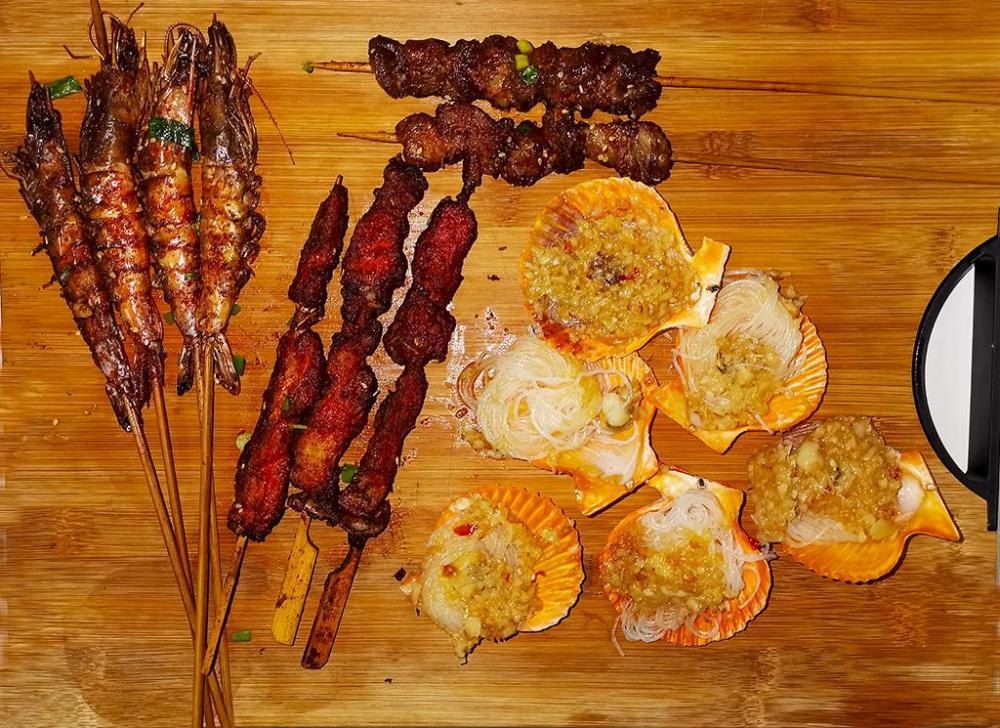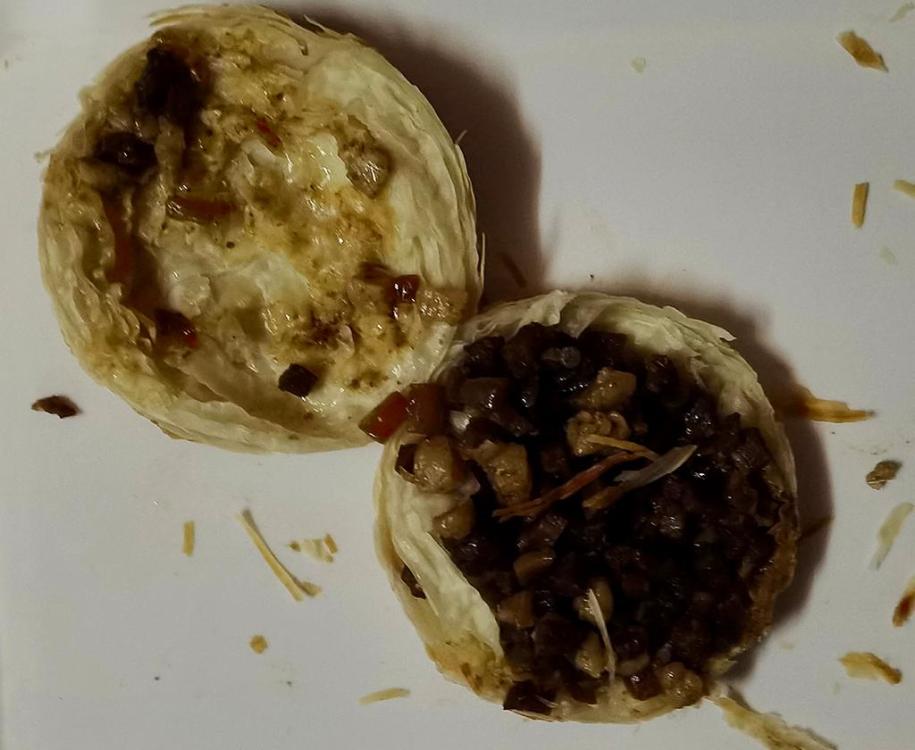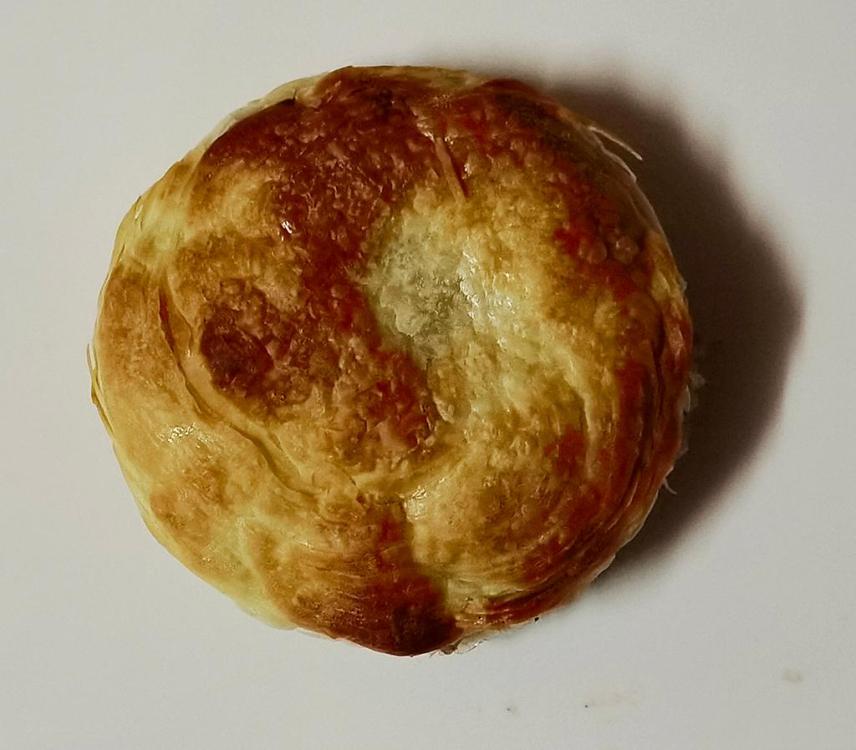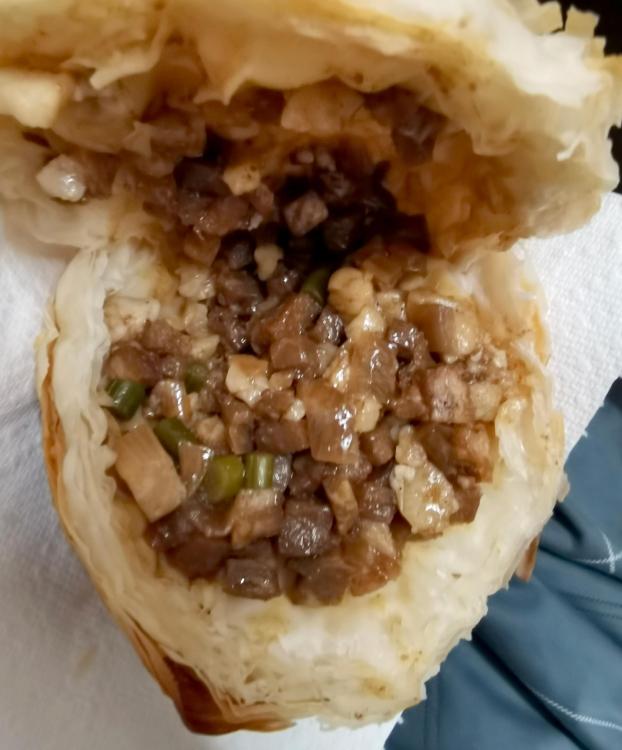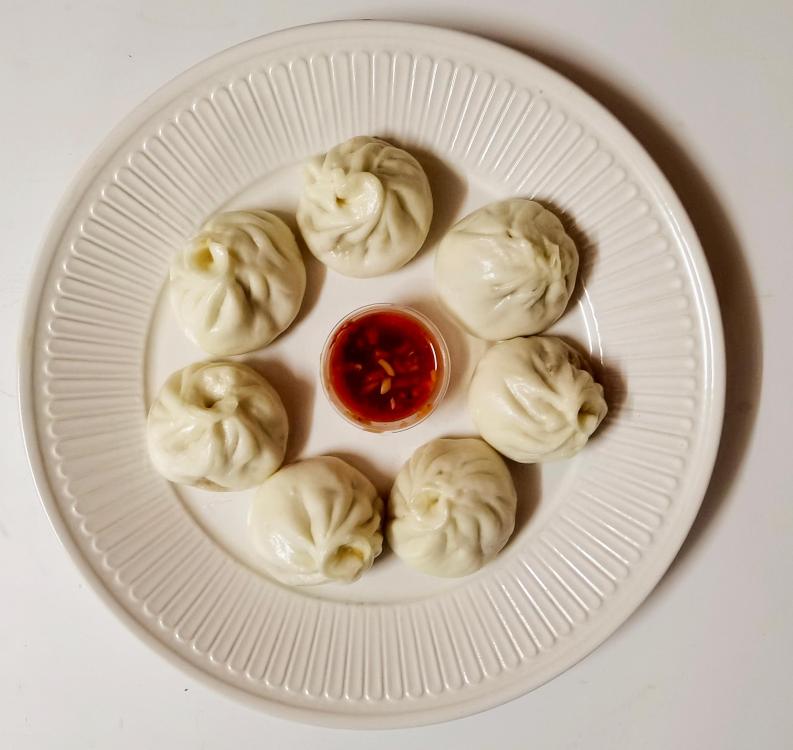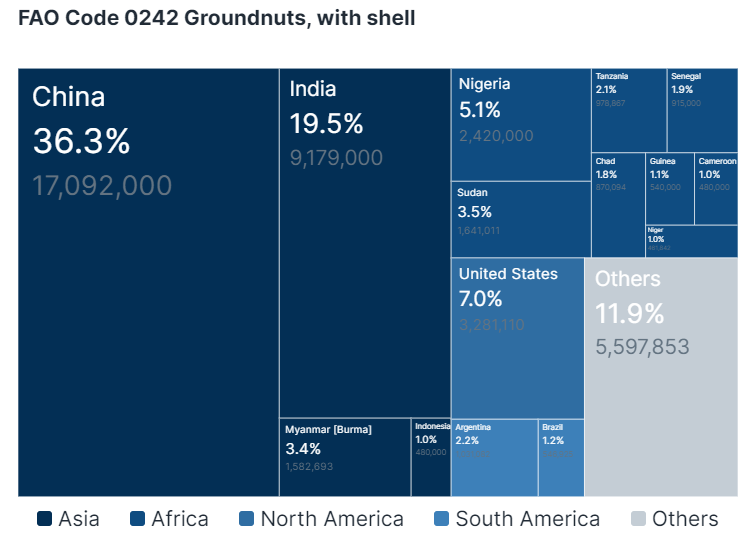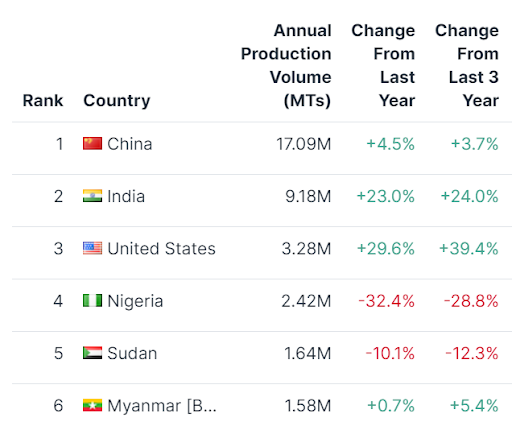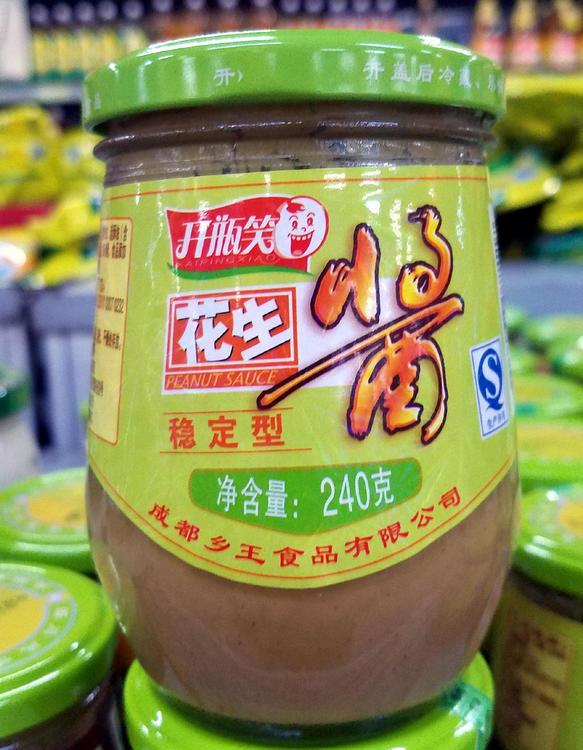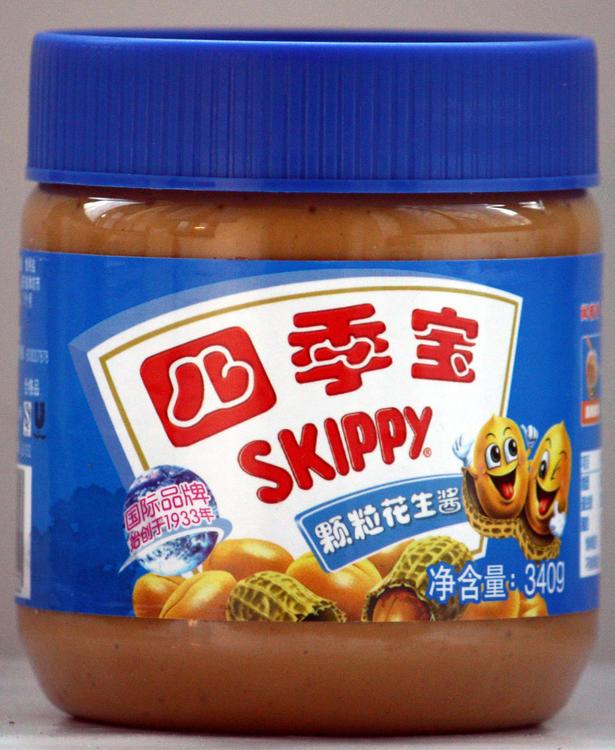-
Posts
16,674 -
Joined
-
Last visited
Content Type
Profiles
Forums
Store
Help Articles
Everything posted by liuzhou
-

eG-Inspired Kitchen Gadget Purchases (aka The Enablers' Hall of Fame)
liuzhou replied to a topic in Kitchen Consumer
I haven't yet succumbed* but this idea amused me and I'm sure someone else here mght fall for one. Pink bow optional. * I already have three rice cookers. -
Corners of Chinese social media are awash with tales of the lychee season, in which we find ourselves. The main topic of corncern is the pointess if friendly argument as to which cultivar of the hundreds out there is the best. And how to recognise them. Earlier, I was talking with a friend whose family grows them and asked her opinion. Before replying, she laughed and confessed that she had been talking part in the social media frenzy, which surprised me slightly - I hadn't marked her down as the social media type. Here for your edification are the types her family grows. With my translation. Top to Bottom Osmanthus Flavour (4) Ling Feng Nuo* (3) White Sugar Poppy (1) Glutinous Rice Cake (2) Black Leaf (5) Imperial Concubine Smile (6) Numbers in parentheses are my friend's personal rankings. *This is amost untranslatable. The nearest I can get is 'mountain range abundant glutinous rice'.
-
Chinese Skewers Surf and Turf (Skewers is one of the most pictographic Chinese characters - 串 (chuàn). Left: Spicy grilled king prawns (shell and head on) Top: Inner Mongolian lamb skewers (lean and fat cubes alternating) Right: Grilled scallops with garlic and vermicelli Centre left: Chicken leg meat skewers
-
Gansu style 肉夹馍 (ròu jiā mó). This is from Shaanxi's neighbouring province of Gansu rather than from Xi'an, capital of Shaanxi. It uses a sort of flaky pastry bun rather than the more bready type I prefer. It is also made with fatty pork, tail fat being No. 1 choice. Two were eaten so they couldn't have been bad but I still prefer my go to Xi'an beef with cumin style.
-
There is no shortage of pizza here in China. There is a huge shortage of pizza here in China. I have no idea how many pizza outlets there are but I do know that very few serve pizzas. Many places serve round pieces of baked goods covered in various toppings. Few of the baked goods are bread. Most are cake. The toppings are innumerable and occasionally recognisable but nothing you’d probably associate with pizza. So I was moderately pleased to see that a new pizza place has opened near my home. Next street in fact. And they deliver. The first ad that I looked at was for a Margherita. Then a ‘black truffle and Parma ham pizza’. Next up was a pepperoni number. Finally, of course, a durian number. Three out of four – not bad. The images that accompanied these offerings were interesting -ish. First up the Margherita. It doesn’t like like a Margherita to me; where is the red white and green of the Italian flag? We’ve got the tomatoes, though what kind is a mystery. Bet they ain’t San Marzano though. I see the green, but it looks suspicious. Sure enough it isn’t the requisite basil, but rocket /arugula (Eruca sativa)! I know both names are ultimately derived from Italian but they don’t describe anything on a Margherita! Then the white from the mozzarella is missing, although the ingredient is listed. Buried under the rest of the et cetera, I suppose. "Margherita Pizza" Then is the Pepperoni pizza. The description translates literally as ‘Italian salami slices, with light taste of Mazcapone (sic) cheese, multi-layer back and forth collision. Main ingredients: Italian sausage* slices, mozzarella cheese. Accessories: rocket.” I’ll pass. I prefer my suppliers to know what they are supplying. "Pepperoni Pizza" Ignoring the durian travesty, preferring to remain in the realms of the semi-sensible, I finally decide on the truffle and Parma. Apparently this contains black truffle sauce, Parma ham, mushrooms, onions, mozzarella, rocket/arugula, etc. I am concerned by the ‘etc’, but it looks to me like a fine pizza. I realise that the truffles will be Chinese and therefore worthless. but on balance it sounds best to me. Then I make a final discovery. "Black Truffle and Arugula Pizza" On the delivery app, someone has left a review picturing what actually arrived. "Black Truffle and Arugula Pizza" - as delivered. I decide to have Mapo Doufu instead. * Which covers the sublime to the ghastly. All images from ads or review from "Commune Restaurant 地王新天地店”, Liuzhou, China's online app service.
-
Stem Ginger is chunks of ginger candied and stored in syrup. ETA: As I now see has been explained. Cross post. I can't open @Tropicalsenior's link at the moment. Local issue, I think.
-
I'd forgotten about this Cook-Off but it's reappearance has reminded me that I never did find my aunt's rhubarb and ginger jam recipe. It's probably languishing in some 1950s British cookbook somewhere.
-
I had missed this topic the first time round. A fascinating journey. Both amusing and horrifying. It's far too late and many people have moved on, but anyone still agonising about what to call the snotty bit in egg whites that so many seem to hate can rest. It is the chalaza* (plural chalazae). It is also a useful indicator of freshness; if you can hardly see one in your whites, then your eggs are stale.' * 'ch' pronounced 'k', 'la' pronounced 'lay'; stress on the second syllable. IPA: (kəˈleɪzə)
-
Bamboo in the mouth, I don't mind. Most chopsticks round here are bamboo. But agree that wood is unpleasant. I always hated the wooden ice cream scoops. Like most places, they changed to plastic here, but recently the trend is back to bamboo. Not wood. Bamboo is cheaper and more environmentally friendly (fast growing and lighter on water resources).
-
-
Nonsense. It's a simple flatbread, if anything. There were no mozarella, tomatoes or delivery guys on bikes 2,000 years ago. There were flatbreads, though. Had been for centuries.
-
There is archaeological evidence of heated stones being used as a cooking medium worlwide from almost as soon as early man learned to tame fire. That however, is somewhat different from what we have here.
-
That, or variations thereon, seem to be the norm. We have had many Japanese places here - sushi places, shabu-shabu places, ramen bars. Not one has really been Japanese. All Chinese. I've experienced the same all over SE Asia. 90% of Indian restaurants in the UK are actually Bangladeshi.
-

Various Asian sauces/condiments/products premium brand guide?
liuzhou replied to a topic in Kitchen Consumer
I tend to agree with you. I just wanted to warn you and others that if you are buying something labelled Peanut Sauce in an Asian market or store, it's as likely as not to be peanut butter. Skippy is international. I've seen it for sure in the UK as well as all across Asia. Definitely in China. But then China is the world's top producer of both the nuts and its byproducts. -
Most certainly. I've met some of them.
-
I first heard of this in the late 1970 / early 80s. It seems to have originated originated during Mao's 'Great Leap Forward' (1958-1961) during which millions starved to death due to a man-made (Mao-made) famine. People knew it didn't help but maybe took comfort from some psychological effect. Estimates for the fatalities range from 30-55 million. Still in living memory so nothing really to LOL about. https://www.investopedia.com/terms/g/great-leap-forward.asp
-

Various Asian sauces/condiments/products premium brand guide?
liuzhou replied to a topic in Kitchen Consumer
Just wanted to say that peanut sauce and peanut butter are the same thing in Chinese - 花生酱 (huā shēng jiàng), just alternative, equally valid translations, hence my confusion as to why you would use one but flinch at the other. -
These lists, and there are many of them, are stupidly pointless at best, highly offensive at worst. People in culture A eat different things than those in culture B and each often finds the other's unappealing, while preferring what they are accustomed to? Hold the front pages!
-
With nothing better to do in my hospital bed, I just searched Xiaohongshu, where these stones are supposedly going viral, and found a whole one video with 200 'likes'. Hardly world news.
-
I can't find anyone here who has ever heard of this. Idiots on social media are hardly news.
-
... then I found out. Pork ribs with lotus root and shiitake; pork slices with luffa; cabbage and rice. Same pattern. The lotus root was severely undercooked. 17元.




